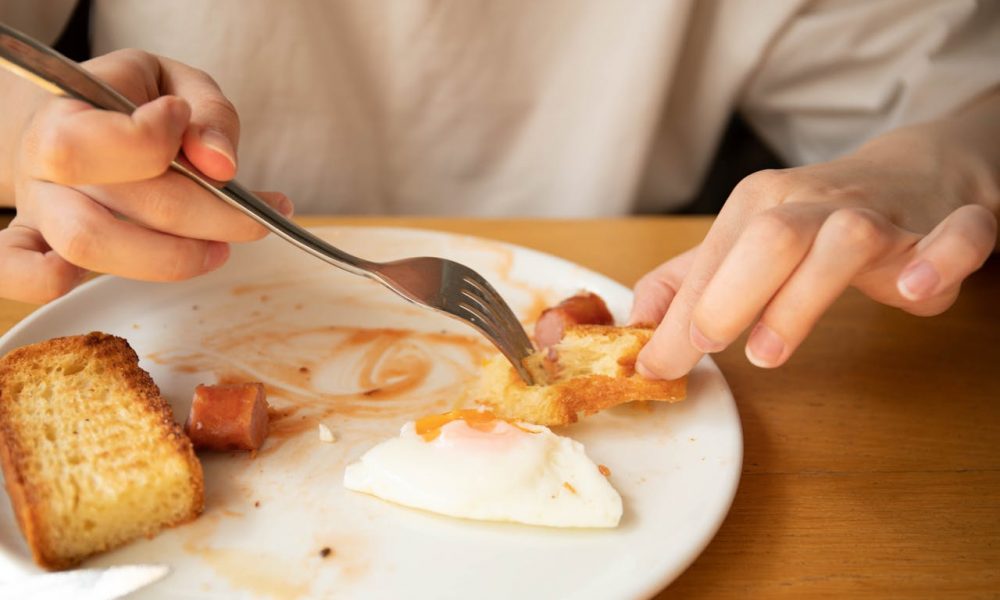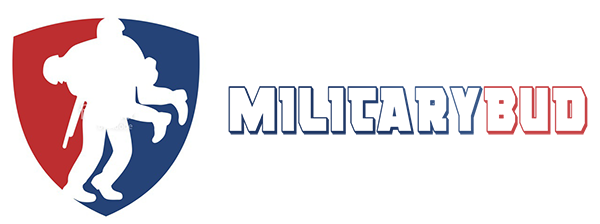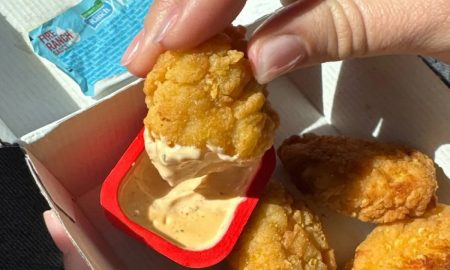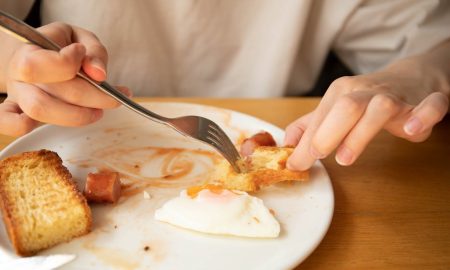
8 Ways Your Body Tells You You’re Not Eating Enough

Our bodies are excellent communicators when it comes to our health, and nutrition plays a central role. When you’re not eating enough, your body often sends clear signs that it’s lacking essential nutrients. From feeling constantly fatigued to noticing changes in your hair and nails, these symptoms are your body’s way of urging you to reassess your diet. Below are the signs your body tells you may not be getting enough nutrients and how to increase your food intake with a balanced diet.
1. Persistent Fatigue
One of the most common indicators of insufficient food intake is ongoing exhaustion. Your body requires energy from food to function properly. When it doesn’t receive enough, it begins conserving energy, leaving you feeling sluggish. This is especially true for diets low in carbohydrates, which are a primary energy source. Ensuring a balanced intake of carbs, proteins, and fats can help combat this lethargy.
2. Frequent Dizziness
Skipping meals or eating too little can lead to drops in blood sugar, resulting in dizziness or faintness. This symptom often appears quickly, particularly when energy levels dip due to inadequate calorie intake. Incorporating snacks with a balance of carbohydrates and proteins can stabilize blood sugar and alleviate dizziness.
3. Brain Fog
A lack of nutrients can impair cognitive function, causing forgetfulness and difficulty concentrating. Delayed or skipped meals reduce glucose supply to the brain, which it relies on for optimal function. Aim for regular meals rich in whole grains, lean proteins, and healthy fats to maintain clarity.
4. Changes in Hair and Nails
Nutrient deficiencies often show up in the health of hair and nails. Brittle nails and hair loss can occur because your body prioritizes vital organs over less critical functions like hair growth. Consuming foods rich in biotin, iron, and omega-3s, such as eggs, spinach, and salmon, can promote healthier hair and nails.
5. Irritability and Mood Swings
A low calorie intake can negatively impact your mood. Hunger affects blood sugar and hormone levels, leading to irritability and heightened emotional sensitivity. Eating regularly and incorporating mood-boosting nutrients like omega-3 fatty acids and complex carbohydrates can help stabilize your emotions.
6. Feeling Constantly Cold
Undereating can disrupt your body’s ability to produce heat, leaving you feeling perpetually chilly. Thermogenesis, the process of heat production, relies on adequate calorie consumption. Low body fat or a restrictive diet can exacerbate this effect, making it harder to stay warm.
7. Increased Thirst
Hydration is closely linked to diet since food contributes to your electrolyte balance. When you’re not eating enough, your body may misinterpret hunger as thirst, causing you to feel parched. Incorporate hydrating foods like fruits and vegetables alongside water to stay hydrated and nourished.
8. Missed Periods
For women, not eating enough can disrupt the menstrual cycle. Insufficient calorie intake affects hormone levels, leading to amenorrhea or missed periods. This is particularly common in athletes or individuals with very low body fat. A diet rich in healthy fats and adequate calories is crucial to maintaining hormonal balance and reproductive health.
More inOpen Your Mind
-
`
How to Deal with Gaslighting: 6 Effective Ways
Gaslighting is a manipulative tactic used to make a person doubt their own reality, memories, or perceptions. It can occur in...
September 21, 2024 -
`
Top 5 Things to Do in the Big Apple
New York City, often hailed as the “City That Never Sleeps,” offers an endless array of experiences. From towering skyscrapers to...
September 11, 2024 -
`
Easy-to-Follow Steps to Make Pappardelle Pasta at Home
Making pappardelle pasta at home is a rewarding culinary experience that brings the taste of Italy into your kitchen. Pappardelle, a...
September 5, 2024 -
`
How Legally Binding Is a Lease?
How legally binding is a lease? Understanding how legally binding a lease is becomes crucial for landlords when considering rental agreements....
August 31, 2024 -
`
Top 5 Must-Try Dunkin’ Donuts Breakfast Foods
When you are on the go and need a quick yet satisfying breakfast, Dunkin’ Donuts is a favorite stop for many....
August 21, 2024 -
`
What Are the Top 6 Best Places to Raise Children in the U.S?
Choosing where to settle down and raise a family is one of the most significant decisions parents can make. Finding the...
August 17, 2024 -
`
Is Wearing a Hoodie a Sign of Depression?
Is wearing a hoodie a sign of depression? This question has crossed the minds of many concerned parents and friends. It...
August 9, 2024 -
`
Top 6 Things You Should Consider Buying When You Are in Japan
Traditional Japanese Tea Sets When thinking about what to buy in Japan, traditional Japanese tea sets top the list. These beautifully...
July 31, 2024 -
`
Which Caribbean Island Has the Best Food? Here Are the Top 10
Exploring which Caribbean island has the best food is a delightful journey through diverse culinary landscapes. Each Caribbean island offers unique...
July 25, 2024

















You must be logged in to post a comment Login